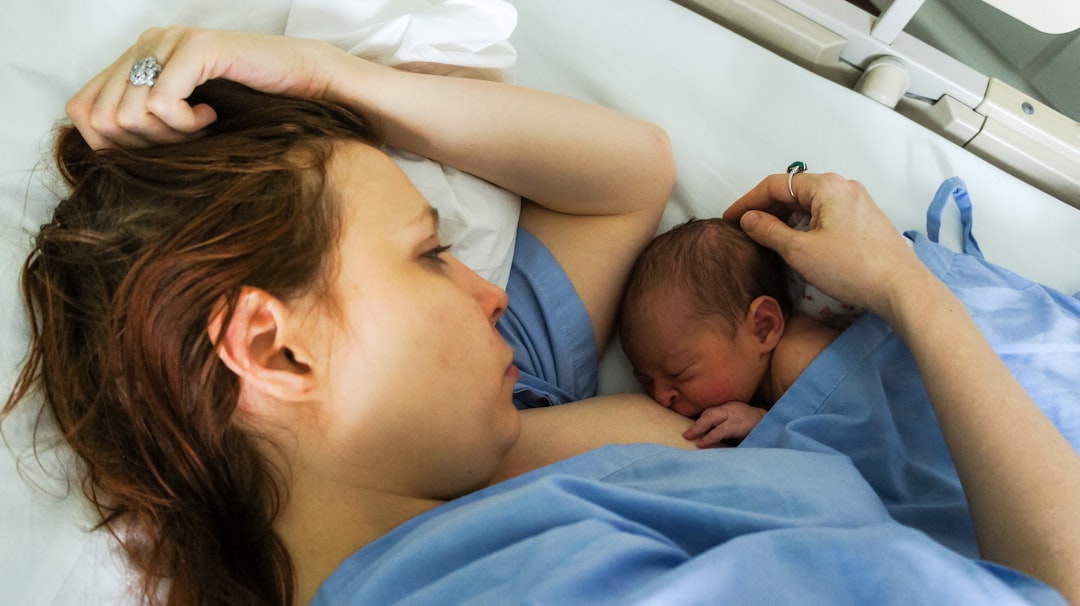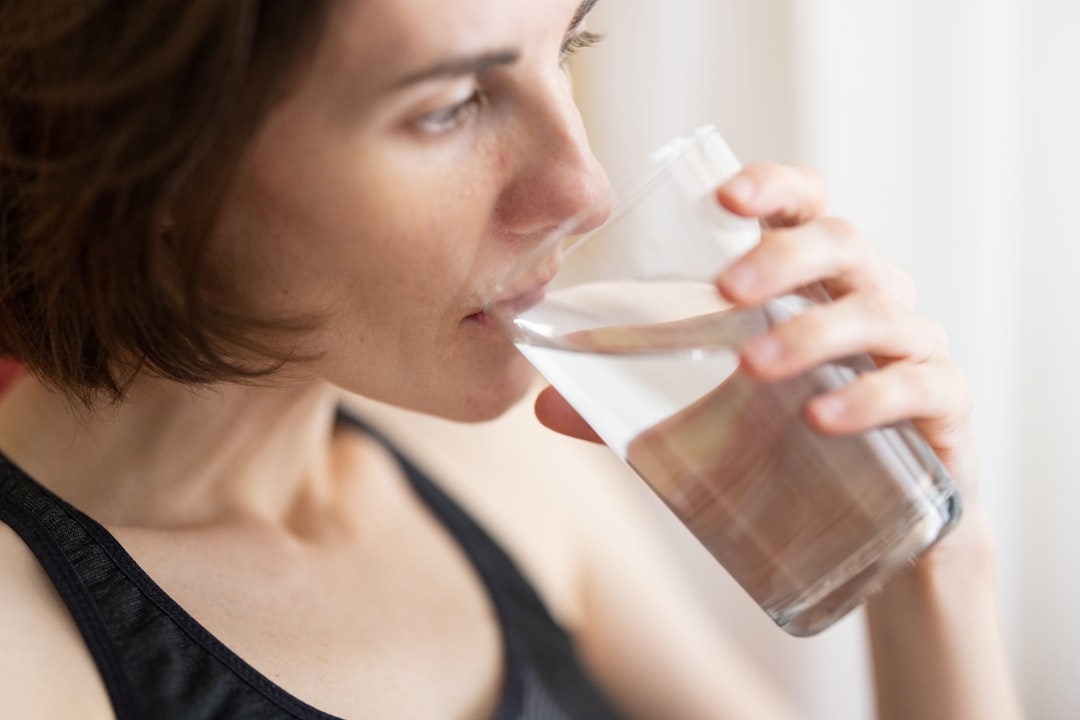Category: Health & Wellness
Pregnancy Skincare: What’s Safe and What to Avoid
Is your once-predictable skin behaving differently now that you’re pregnant? You’re not alone. Many expectant mothers find themselves navigating unexpected skin changes while questioning which products in their bathroom cabinet remain safe for their growing baby.
Is it safe? Sorting through common pregnancy wellness trends
Are you scrolling through social media, bombarded with wellness advice while pregnant? From cold plunges to herbal teas, it can feel overwhelming to separate legitimate practices from potentially harmful trends. Let’s explore what’s safe, what’s not, and what needs more research when it comes to popular pregnancy wellness practices.
Pregnancy and anxiety: Calming strategies for a peaceful mind
Have you been feeling a wave of worries wash over you since discovering you’re pregnant? You’re not alone. Up to 70% of pregnant women report experiencing symptoms of stress and anxiety during pregnancy, with anxiety levels peaking in the first trimester, affecting nearly 24% of expectant mothers.
Postpartum boundaries: How to protect your energy as a new mom
Becoming a mother is transformative, beautiful, and—let’s be honest—completely exhausting. While everyone focuses on the baby’s needs, your physical recovery and emotional wellbeing often take a backseat. Research indicates it takes roughly a full year for your body to reach a new equilibrium after pregnancy and childbirth, yet 40% of U.S. mothers return to work within just 6 weeks postpartum.
Postpartum mental health: How to recognize when it’s more than the baby blues
You’ve welcomed your baby into the world, but instead of feeling purely joyful, you’re experiencing a rollercoaster of emotions. Tearfulness, anxiety, irritability—these feelings can be confusing and frightening when you expected motherhood to bring only happiness. If this sounds familiar, you’re not alone. Nearly 25% of women experience postpartum depression up to one year after childbirth, according to [research](https://home.beginning.com/blog/post-pregnancy/early-postpartum-support-first-six-weeks-after-birth-postpartum-emotional-needs/).
Why the fourth trimester deserves more attention
That magical moment when you finally meet your baby after nine months of pregnancy is just the beginning of another profound journey—one that doesn’t get nearly the attention it deserves. While pregnancy is marked by regular check-ups, baby showers, and endless advice, what happens after birth often falls into a curious gap in our healthcare system and cultural consciousness.
Sound therapy in pregnancy: More than just relaxation
Are you struggling with pregnancy insomnia, stress, or anxious thoughts about your upcoming motherhood journey? You’re not alone. The transformative months of pregnancy bring joy but also unique challenges that affect your mental and physical wellbeing.
Mindful pregnancy: How to stay present during each trimester
Pregnancy transforms your body, mind, and life in profound ways. While exciting, these nine months can also bring uncertainty, anxiety, and overwhelming emotions. Mindfulness—the practice of staying present and aware without judgment—offers powerful tools to navigate this transformative journey with greater ease and connection.
Postpartum body changes no one talks about
After giving birth, your body embarks on a remarkable journey of recovery and adaptation. While some postpartum changes are commonly discussed, many physical and emotional transformations remain unspoken, leaving new mothers feeling unprepared and isolated in their experiences.
The surprising link between hydration and pregnancy health
Pregnancy transforms your body in countless ways, and proper hydration becomes even more crucial during these nine months. While most expectant mothers know they should “drink more water,” few understand exactly why hydration matters so profoundly during pregnancy or how it affects both mother and baby.










